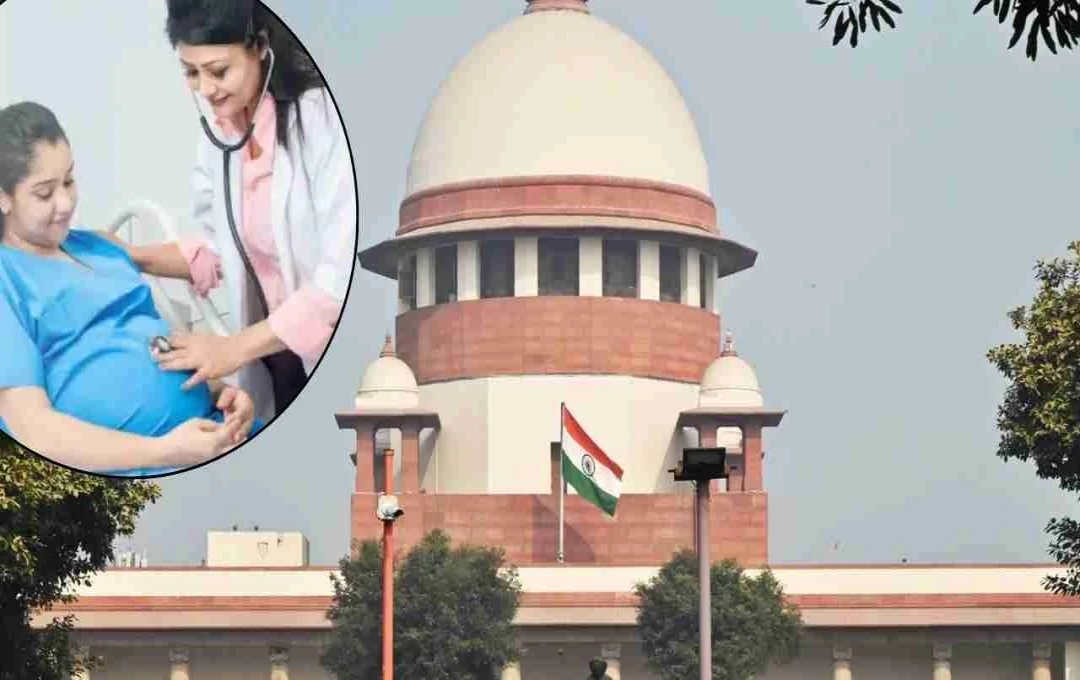Supreme Court Rules Maternity Leave is a Woman's Right, Regardless of Number of Children
SC Ruling: The Supreme Court of India has delivered a landmark judgment reinforcing the rights of all female employees in the country. The court unequivocally stated that Maternity Leave is a constitutional right for every woman, and no institution – be it government or private – can deny this right.
This decision stems from a petition filed by a female government employee in Tamil Nadu, whose maternity leave request was denied on the grounds that she already had two children.
The Case
Umadevi, a government employee from Tamil Nadu, filed a petition with the Supreme Court. She had two children from her first marriage. Following a second marriage, she had another child, but her department refused her maternity leave request. Officials argued that state regulations only permitted maternity leave for the first two children.
Supreme Court's Verdict
The bench comprising Justices Abhay S. Oka and Ujjal Bhuyan delivered a historic verdict, stating, "Maternity leave is a right of every female employee. It is an integral part of the right to reproduction and falls under maternity benefits."
The court further clarified that this right cannot be denied to a woman simply because she already has two children.
Maternity Leave: Right or Privilege?
The Supreme Court's ruling reiterates that Maternity Leave is not a privilege but a fundamental right. This right is intrinsically linked to the protection of women's dignity and health, as enshrined in the Constitution.
In 2017, the Indian government amended the Maternity Benefit Act, extending the leave period from 12 weeks to 26 weeks. This regulation applies to all organizations employing 10 or more workers.

Adoptive Mothers' Entitlement
The ruling extends to adoptive mothers as well. The Supreme Court clarified that adoptive mothers are also entitled to 12 weeks of leave, commencing from the date the child is handed over to them.
Questioning the Two-Child Limit
Tamil Nadu's regulations stipulated that maternity leave applies only to the first two children. However, the Supreme Court deemed this limit unnecessary, stating that a woman cannot be deprived of her rights based on her personal circumstances.
The court stated, "This rule is against the choice of personal life and the dignity of a woman. The decision regarding marriage, remarriage, or having children is a personal choice of the woman, and the state cannot interfere with it."
Message to Companies and Government Departments
This judgment sends a clear message to all institutions – government and private – that providing maternity leave to female employees is no longer optional but a legal obligation.
Companies should update their HR policies in accordance with this Supreme Court directive and ensure that no woman is deprived of her reproductive rights.
Action for Female Employees
If you are a female employee and your company or department refuses to grant maternity leave, you should:
- File a written complaint.
- Contact your department's or company's HR department.
- If you still don't receive a hearing, you can pursue legal recourse – such as appealing to a labor court or high court.
- Seek assistance from the National Commission for Women or the State Commission for Women.













